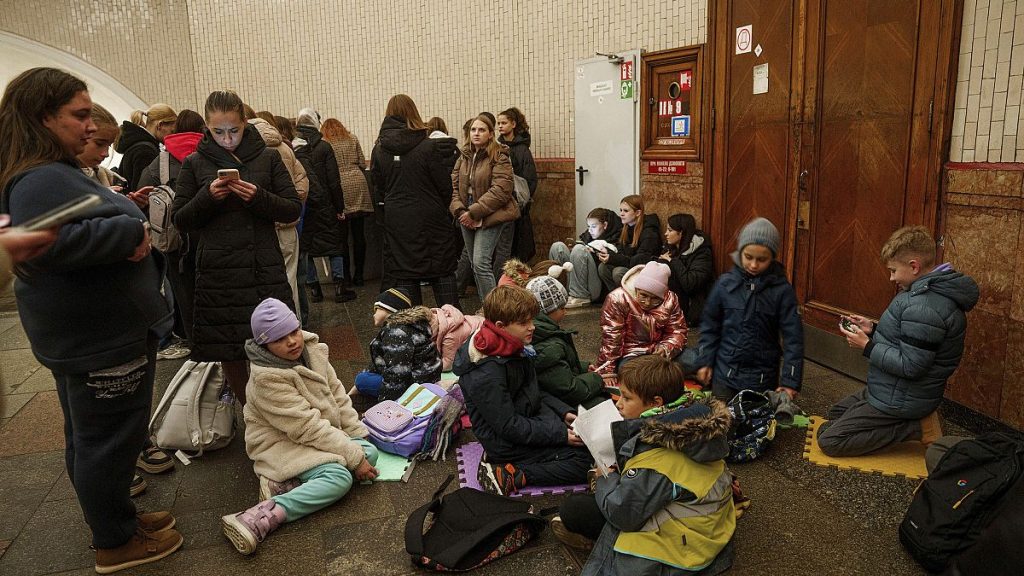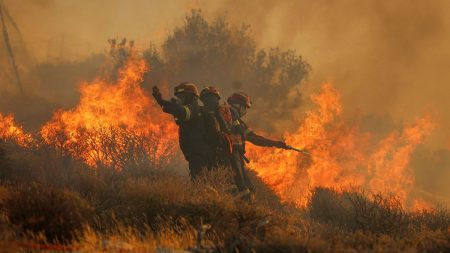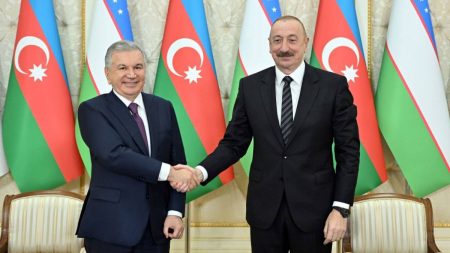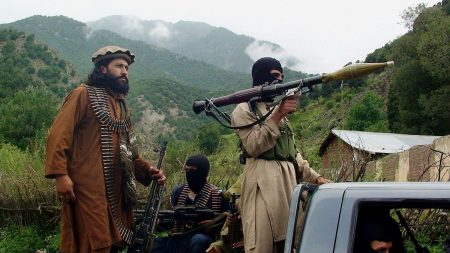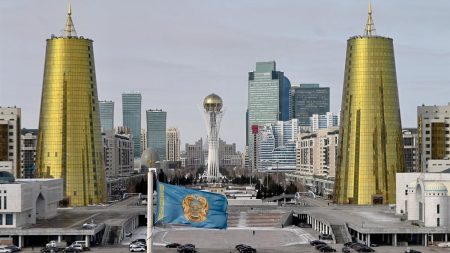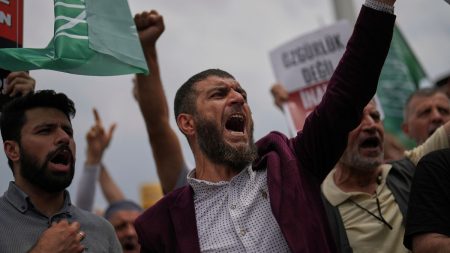On Thursday morning, Russia initiated a comprehensive missile and drone assault on Ukraine, aiming primarily at the country’s energy infrastructure. President Volodymyr Zelenskyy reported that the attacks included the use of cluster munitions in several regions, which complicate rescue operations and add a troubling layer to Russia’s military strategy. The assault caused extensive damage, leaving over one million Ukrainians without electricity, with explosions reported in major cities such as Kyiv, Kharkiv, Mykolayiv, and Odesa. The assault persisted for over nine hours, during which Ukrainian air defense successfully intercepted 176 out of 188 incoming missiles and drones, showcasing an impressive defensive effort amidst ongoing hostilities.
The systematic targeting of energy facilities marks a continued strategy by Russia to disrupt essential services in Ukraine, especially during the winter months when reliance on electricity increases significantly. The Minister of Energy, Herman Halushchenko, characterized the attack as a “massive blow” to the national power grid. The Ukrainian state electricity company, Ukrenergo, responded quickly by announcing emergency blackouts across various regions to mitigate further damage and ensure the energy system’s resilience against ongoing threats. By midday, those emergency measures were replaced with planned hourly outages, illustrating the grave challenges faced by Ukraine in maintaining stable energy supplies.
In his remarks, Russian President Vladimir Putin claimed the assault was a retaliatory measure against alleged Ukrainian strikes using Western-supplied weaponry, although previous patterns indicate that Russia has been targeting Ukraine’s power grid systematically each winter since the beginning of the large-scale conflict. Putin hinted that future aspirations include striking “decision-making centers” in Kyiv, reinforcing a strategy that seeks to undermine the Ukrainian government and create panic among the civilian population. The head of Ukraine’s Presidential Office, Andriy Yermak, corroborated these claims by asserting that Russia has been stockpiling weapons, including those supplied by North Korea, to execute mass attacks on critical infrastructure and civilian sites during the winter.
The scale of disruption was palpable, particularly in the Rivne region, where over 280,000 households were left without power. Local officials reported interruptions to water supplies and instructed some schools to switch to remote learning to adapt to the dire circumstances. Similarly, in the bordering Volyn region, approximately 215,000 households experienced power outages, emphasizing the widespread impact of the strikes. As communities grappled with these blackouts, critical infrastructure facilities, unable to restore power, engaged backup generators to maintain essential services.
In response to the widespread shortages, local authorities initiated the establishment of “points of invincibility,” designated areas where residents could find shelter, charge electronic devices, and seek warmth. This initiative reflects the adaptive strategies local governments are employing to support residents during emergencies caused by systemic attacks on energy infrastructure. The resilience of communities in the face of such adversity highlights not only the urgent humanitarian needs but also the broader implications of the ongoing conflict on daily life in Ukraine, particularly during winter months when the cold exacerbates the difficulties faced by the population.
As the conflict continues, the international community watches closely, not only for the outcomes of these strategic military engagements but also for the humanitarian impact on the Ukrainian populace. The use of cluster munitions and targeting civilians’ access to essential services bring to light the complex realities of modern warfare, featuring the dire consequences for societies embroiled in conflict. President Zelenskyy’s calls for increased global support underscore the need for collective efforts to respond to these challenges while addressing the humanitarian crisis that unfurls as a consequence of ongoing military actions.




